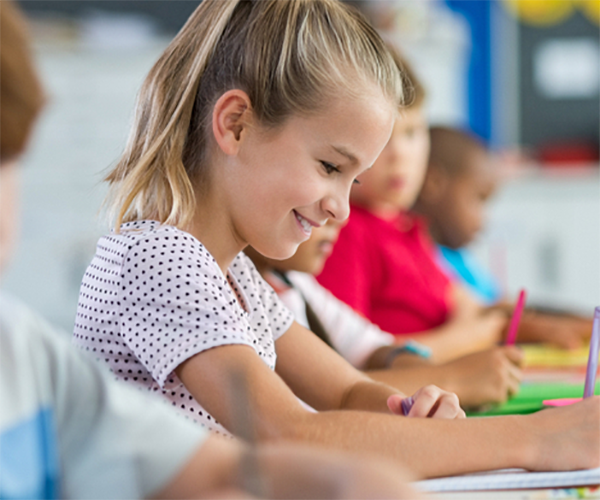* Article is written by EdPlace's teacher, Miss Latham *
Content
Science has been split into two options, either students can take science as three separate GCSEs; Biology, Physics and Chemistry or they can take the Combined Science option which counts as two GCSEs.
As you may be aware, the government now has raised expectations, the content of the new science GCSEs have been designed to help learners keep pace with the world’s highest performing countries. Although the final assessment and grade will be exam only, there will be a greater focus on practical skills. Students will be questioned on experience that they have gained from practical work and required to demonstrate their understanding of scientific experimentation. The mathematical content is also taking a step up and there will be a higher expectation that students can utilise their maths skills within science. In physics for example 30% of exam marks will test maths skills!
See our revision and exam practice papers here.
Exams
The final grades for each subject will be assessed through exam only. For the Combined Science, students will sit six exams (two for each subject; physics, chemistry and biology). Like the new maths GCSE, students will be able to enter at a higher tier (grades 9-4) or a foundation tier (grades 5-1).
For the single sciences, students will also sit six, slightly longer exams (two for each subject) and will also be entered at either the higher tier or the foundation tier, they may enter at a different tier for a different subject, for example a higher tier for Biology and Chemistry and a lower tier for Physics.
Grading
From 2018 GCSE grades in Combined Science, Physics, Chemistry and Biology will now be from 9 to 1 instead of A* to G. Grade 9 will be reserved for the very highest achievers. A good pass is 5 or above. Ofqual the exam regulators are estimating that the same proportion of students will achieve a grade 4 and above as currently achieve a grade C and above.
- Similarly, the same proportion of students achieving an A grade or higher will achieve a grade 7 or higher.
- The bottom of grade 1 will be aligned with the bottom of grade G.
- Grade 5 will be in the top third of the marks for a current Grade C and bottom third of the marks for a current Grade B.
How can you support?
It may feel overwhelming, now that GCSEs are getting harder, especially if science ‘isn’t your subject’. How do you support your child? Well please don’t worry, we're here to help. At EdPlace we have years of experience and can provide you and your child with help and support in the areas where they need it.
As well as our useful worksheets, here are some ideas you could utilise at home;
Don’t give up! The Campaign for Learning found that parental involvement in a child’s education can mean the difference between an A* (or a 9) and an ‘also -ran’ at GCSE. Although your child may feel overwhelmed, over worked or demotivated at times, please try to stay positive. Try not to criticise, acknowledge their feelings and work towards a sensible solution together.
Work/Life Balance. Agree a schedule that provides a balance between work and social life and stick to it.
Be flexible. If a special occasion arises, agree on another time to make up the work.
Be Positive. Recognise their successes and celebrate them. Use the 80/20 rule, if your child is sticking to the plan 80% of the time, they will be fine, try not to be too militant.
Show Interest. You may have hated science at school, but if you can show an interest, maybe even learn something new with your child, your positive attitude will help them to enjoy their learning and hopefully motivate them to want to learn more.
Your positive and constructive support over this tricky GCSE period, can make a huge difference to your child and may even motivate them to go on and take further examinations later on, furthering their career prospects and interests. Don’t forget though, if times get tough, do contact us for support and guidance. We have plenty of experience to help both you and your child through this journey.
Written by Miss Latham - EdPlace's teacher



.jpg)





